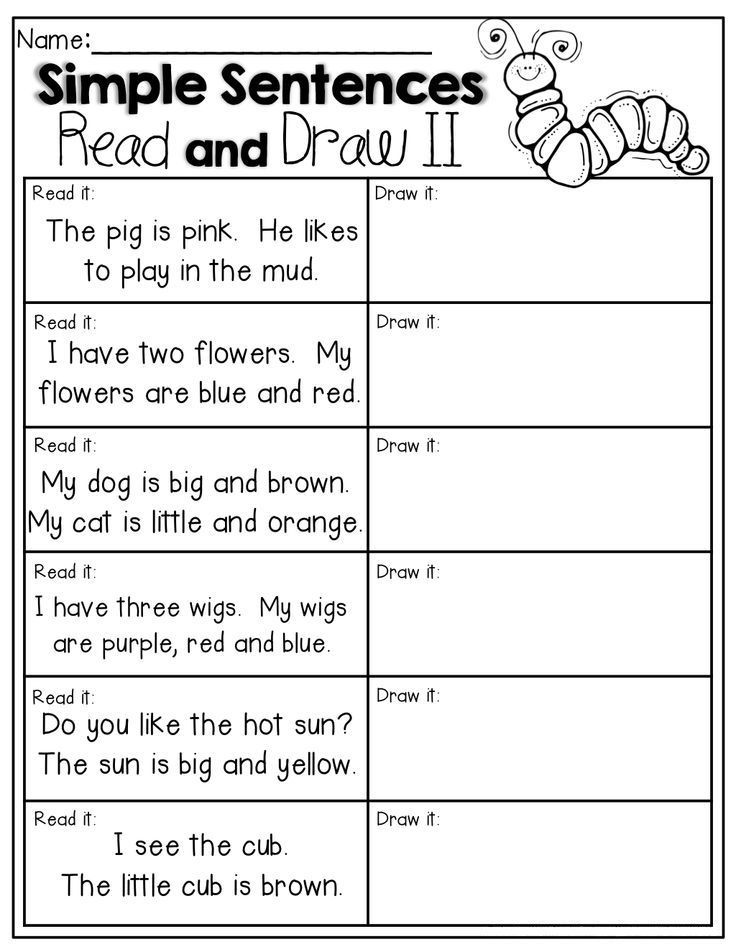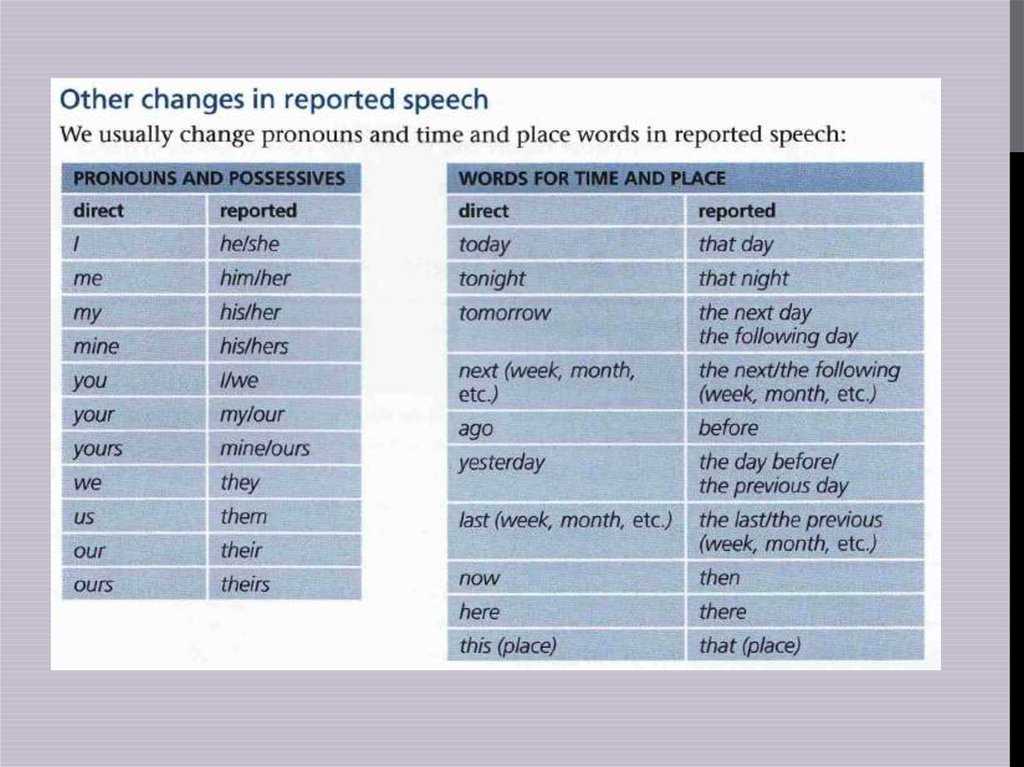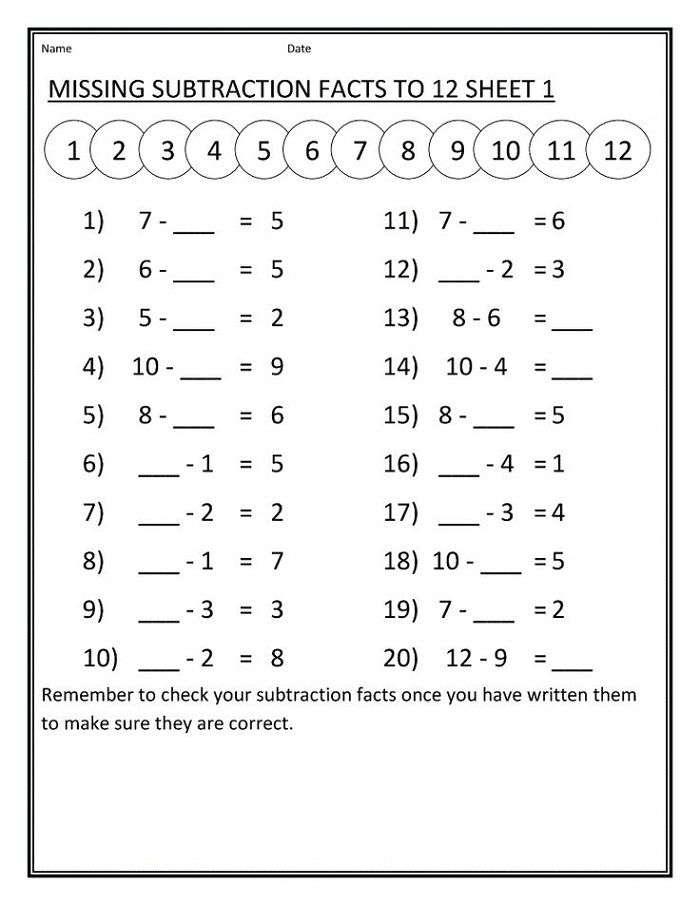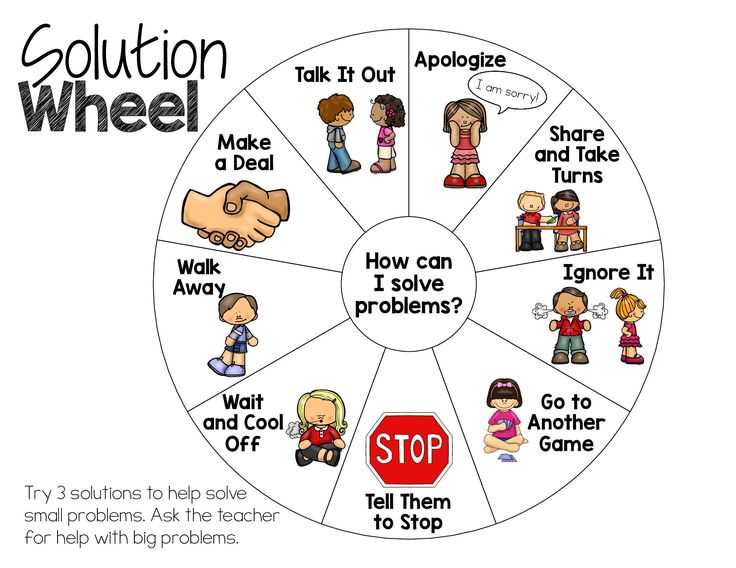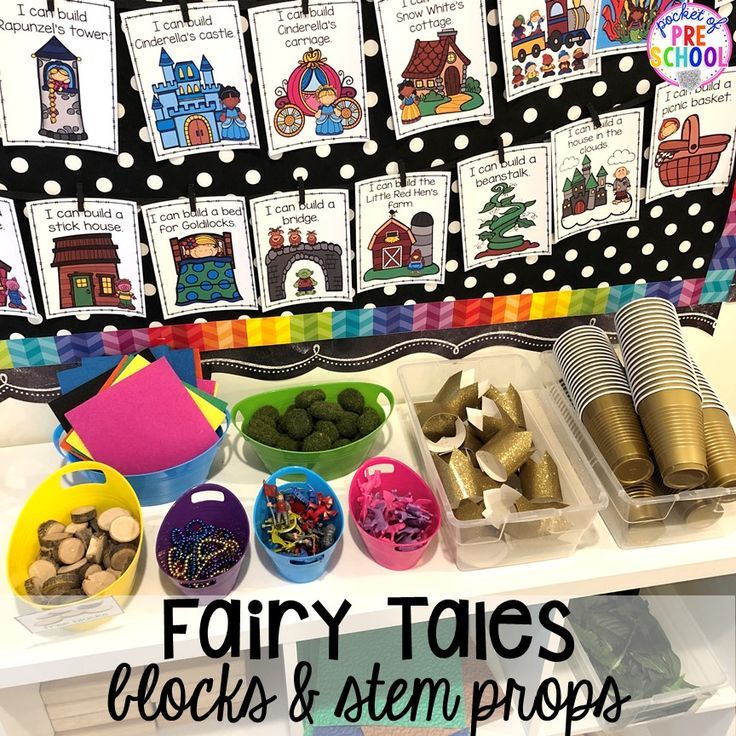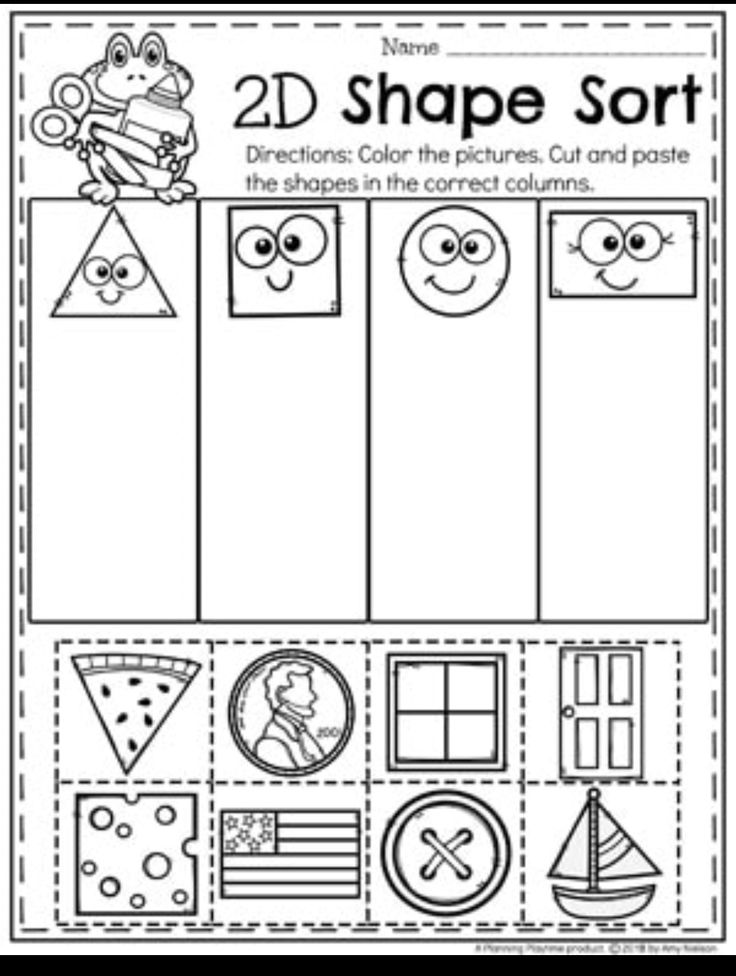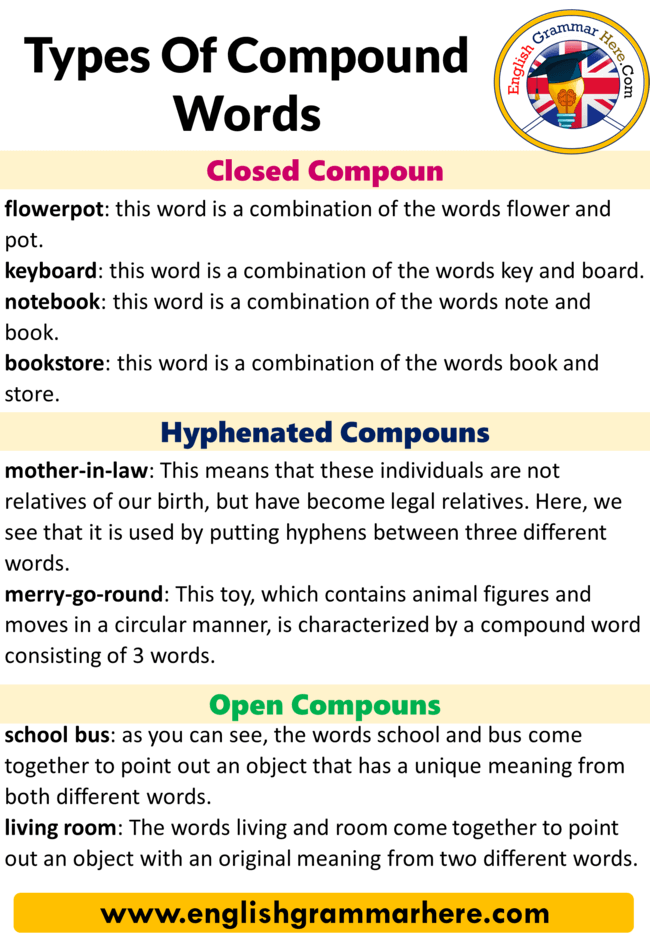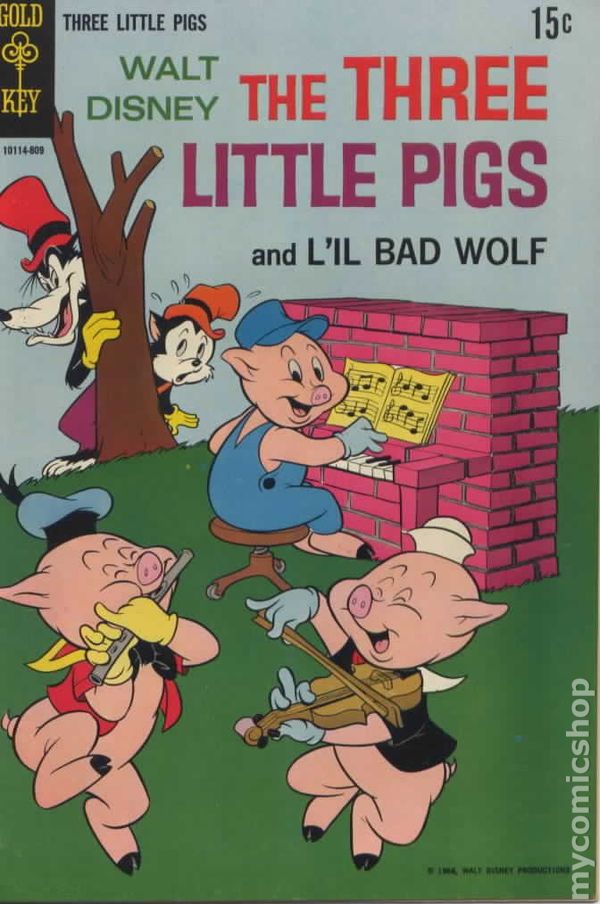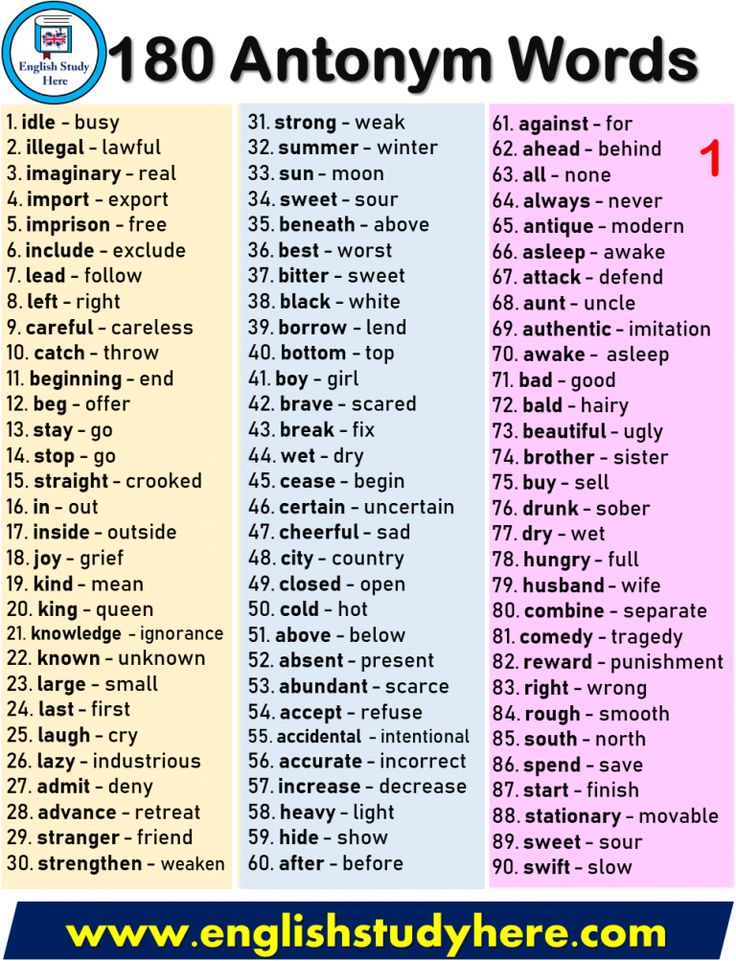Sentence definition for kids
Sentence Facts for Kids
Kids Encyclopedia Facts
For the legal term, see Sentence (law).
Famous sentence shown in metal moveable type, used in printing presses (image reversed for readability)
A sentence is a group of words that are put together to mean something. A sentence is the basic unit of language which expresses a complete thought. It does this by following the grammatical rules of syntax.
A complete sentence has at least a subject and a main verb to state (declare) a complete thought. Short example: Walker walks. A subject is the noun that is doing the main verb. The main verb is the verb that the subject is doing. In English and many other languages, the first word of a written sentence has a capital letter. At the end of the sentence there is a full stop or full point (American: 'period').
Contents
- Phrases and clauses
- Types of sentence
- Basic English sentences
- Related pages
Phrases and clauses
A phrase or clause is part of a sentence. Above, the words 'at the end of the sentence' is a phrase; 'is' is a verb, and 'there' is an expletive. The subject of the sentence is "a full stop or full point (American: 'period')."
This is an example of a sentence:
- The dog is happy.
In this sentence, 'The dog' is the subject, and 'is' is the verb.
This is an example of a phrase:
- The happy dog
There is no verb, so we do not know anything about what the happy dog is doing. It is not a sentence.
A clause is a sentence within a sentence. Example:
- They milked the cows, and then they made cheese and butter. This sentence has two co-ordinate (~equal) clauses, linked by 'and'.
Types of sentence
- A simple sentence has only one clause. The cat is sleeping.
- A compound sentence has two or more clauses. These clauses are joined together with conjunctions, punctuation, or both. The dog is happy, but the cat is sad.
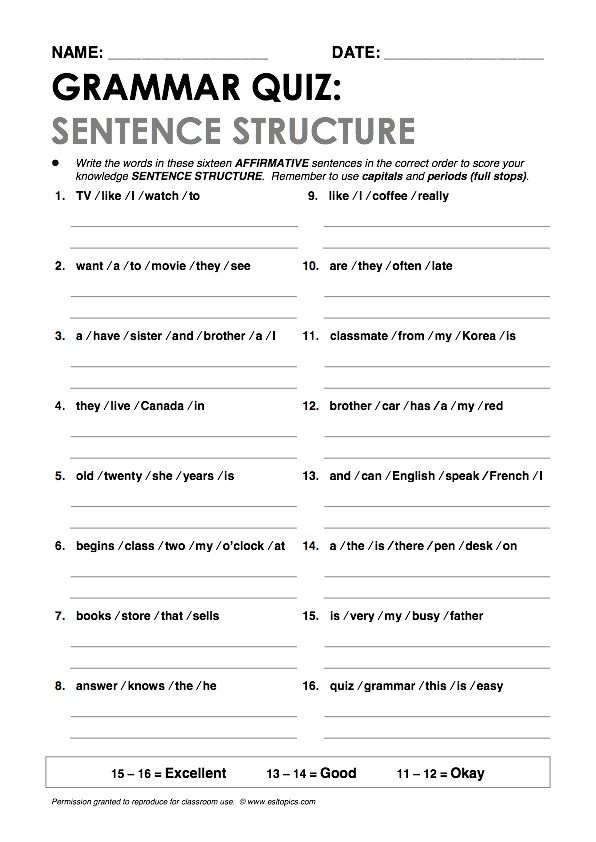
- A complex sentence has one clause with a relative clause. The dog, which is eating the bone, is happy.
- A complex-compound sentence (or compound-complex sentence) has many clauses, at least one of which is a relative clause: The dog, which is eating the bone, is happy, but the cat is sad.
Sentences have different purposes:
- A declarative sentence, or declaration, is the most common type of sentence. It tells something. It ends with a full stop . (The dog is happy.)
- An interrogative sentence, or question, asks something. It ends with a question mark ? (Is the dog happy?)
- An exclamatory sentence, or exclamation, says something out of the ordinary. It ends with an exclamation mark ! (That dog is the happiest dog I have ever seen!)
- An imperative sentence, or command, tells someone to do something. (Give the dog a bone.)
Basic English sentences
Here are some sentences written in Basic English:
The sky is blue.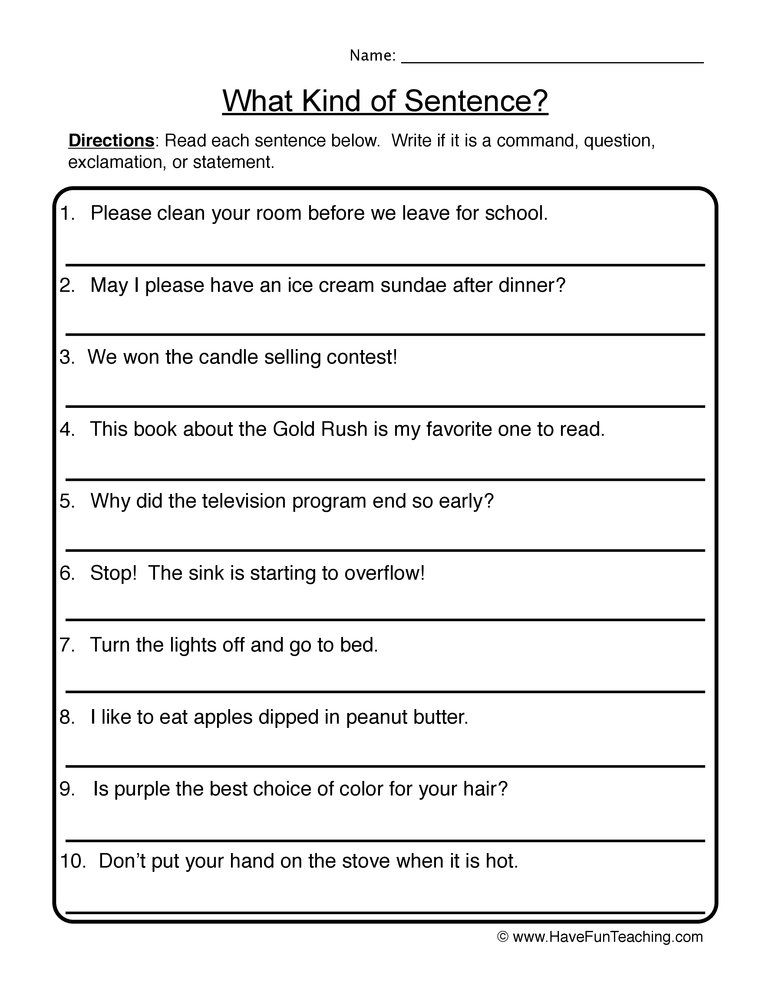
Today is Monday.
Tomorrow is Tuesday.
The baby is smiling.
This is the road to take.
Read a book about the history of America.
There are beautiful flowers growing in the garden.
The cushions are new and I can experience the comfort well.
Related pages
- Phrase
- Punctuation
- Word
All content from Kiddle encyclopedia articles (including the article images and facts) can be freely used under Attribution-ShareAlike license, unless stated otherwise. Cite this article:
Sentence Facts for Kids. Kiddle Encyclopedia.
Sentence Definition & Meaning - Merriam-Webster
1 of 2sen·tence ˈsen-tᵊn(t)s
-tᵊnz
1
a
: a word, clause, or phrase or a group of clauses or phrases forming a syntactic unit which expresses an assertion, a question, a command, a wish, an exclamation, or the performance of an action, that in writing usually begins with a capital letter and concludes with appropriate end punctuation, and that in speaking is distinguished by characteristic patterns of stress, pitch, and pauses
b
: a mathematical or logical statement (such as an equation or a proposition) in words or symbols
2
a
: judgment sense 4a
specifically : one formally pronounced by a court or judge in a criminal proceeding and specifying the punishment to be inflicted upon the convict
b
: the punishment so imposed
serve out a sentence
3
: period sense 2b
4
archaic : maxim, saw
5
obsolete : opinion
especially : a conclusion given on request or reached after deliberation
sentence
2 of 2
transitive verb
1
: to impose a sentence on
2
: to cause to suffer something
sentenced these most primitive cultures to extinction E.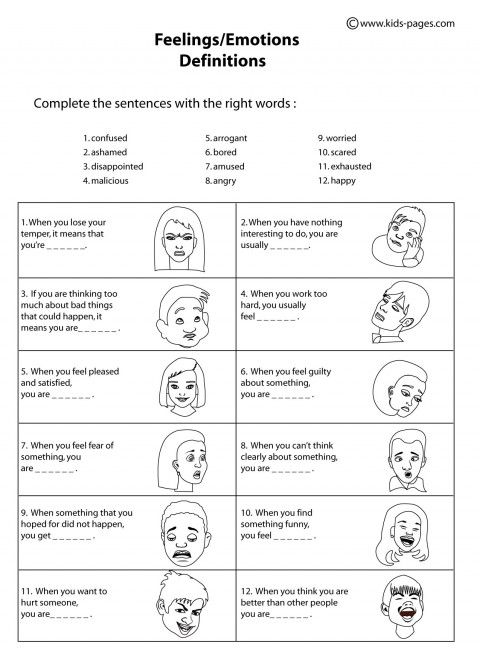 W. Count
W. Count
Synonyms
Noun
- doom
- finding
- holding
- judgment
- judgement
- ruling
Verb
- condemn
- damn
- doom
See all Synonyms & Antonyms in Thesaurus
Example Sentences
Noun He is serving a 10-year sentence for armed robbery. Verb The defendant was sentenced and fined.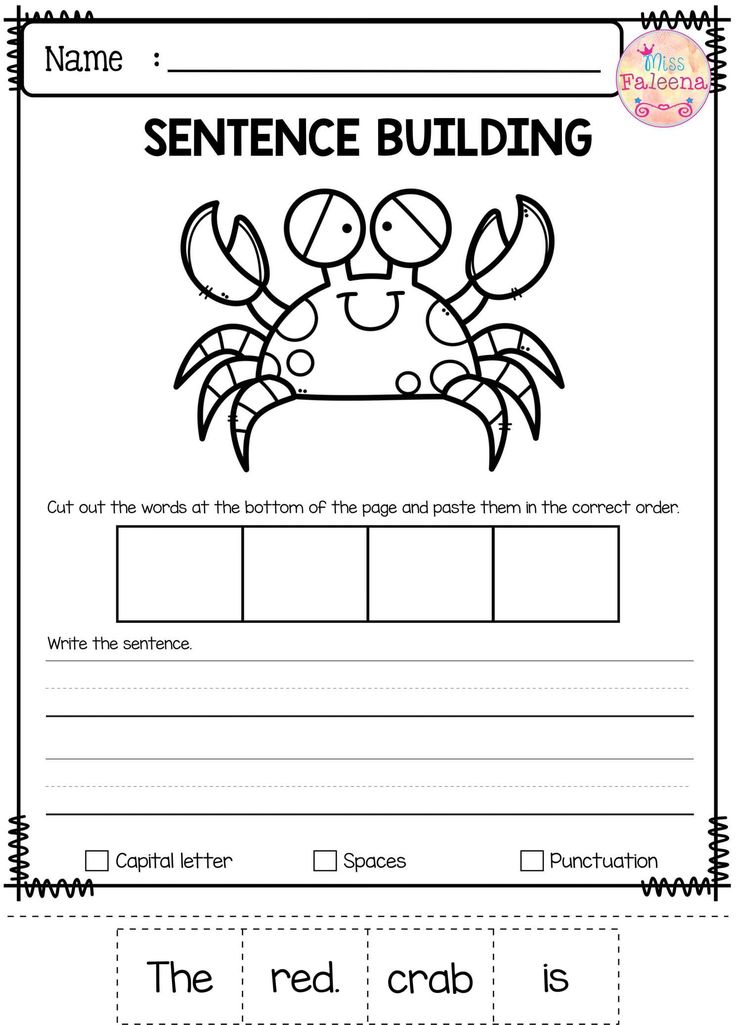 the judge sentenced him to a fine of $50 and time served
the judge sentenced him to a fine of $50 and time served
Recent Examples on the Web
The 32-year-old Griner is serving a nine-year sentence for drug possession at a Russian penal colony. Janie Mccauley, ajc, 21 Nov. 2022 While Blinken didn’t elaborate, the AP and other news organizations have reported that the Biden administration has offered to exchange Griner and Whelan for Viktor Bout, a Russian arms dealer serving a 25-year sentence in the U.S. Joanna Kozlowska, BostonGlobe.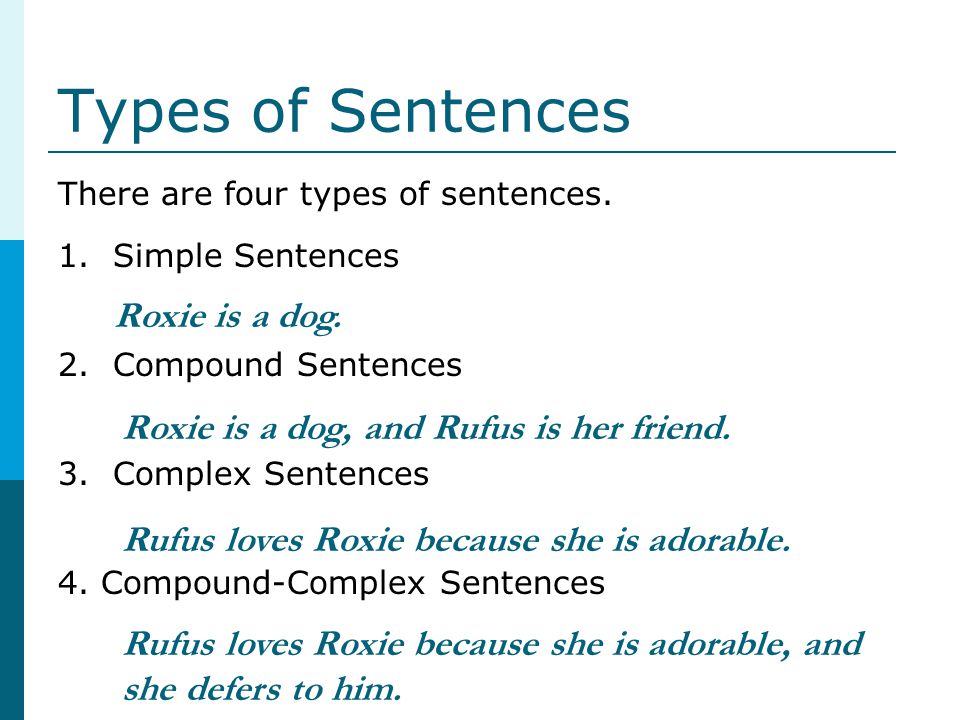 com, 20 Nov. 2022 Twohey and Kantor’s reporting cleared the way for more victims of Weinstein to come forward; in 2020 he was convicted of two felonies, including rape, and is currently serving a 23-year prison sentence. Stephanie Zacharek, Time, 18 Nov. 2022 Prosecutors sought a 15-year prison sentence and $8 million in restitution. WIRED, 18 Nov. 2022 Weinstein is two years into a 23-year sentence for his conviction in New York, and has been held in a Los Angeles jail throughout the trial. Andrew Dalton, USA TODAY, 18 Nov. 2022 The predator designation comes after a person has served a prison sentence and is then committed to a state mental hospital following civil proceedings.
com, 20 Nov. 2022 Twohey and Kantor’s reporting cleared the way for more victims of Weinstein to come forward; in 2020 he was convicted of two felonies, including rape, and is currently serving a 23-year prison sentence. Stephanie Zacharek, Time, 18 Nov. 2022 Prosecutors sought a 15-year prison sentence and $8 million in restitution. WIRED, 18 Nov. 2022 Weinstein is two years into a 23-year sentence for his conviction in New York, and has been held in a Los Angeles jail throughout the trial. Andrew Dalton, USA TODAY, 18 Nov. 2022 The predator designation comes after a person has served a prison sentence and is then committed to a state mental hospital following civil proceedings.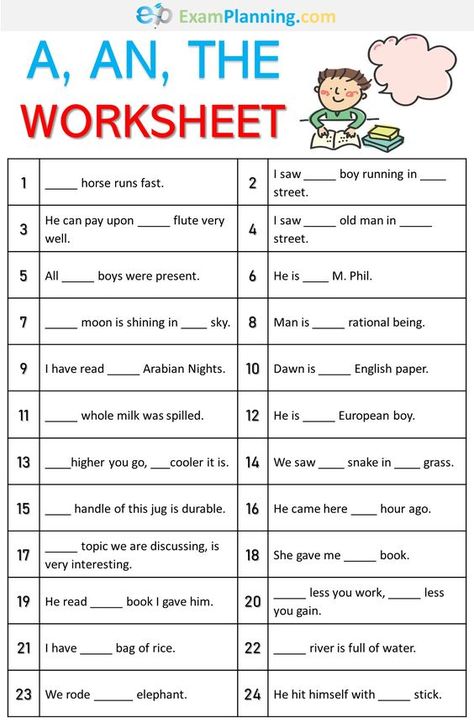 San Diego Union-Tribune, 18 Nov. 2022 In addition to the 25-year prison sentence, Rudofsky ordered Sweat to submit to a lifetime of supervision by federal authorities upon his release from prison. Dale Ellis, Arkansas Online, 18 Nov. 2022 Rudolph was serving a 15-year sentence for a 2015 robbery conviction out of Tuscaloosa County. Carol Robinson | [email protected], al, 18 Nov. 2022
San Diego Union-Tribune, 18 Nov. 2022 In addition to the 25-year prison sentence, Rudofsky ordered Sweat to submit to a lifetime of supervision by federal authorities upon his release from prison. Dale Ellis, Arkansas Online, 18 Nov. 2022 Rudolph was serving a 15-year sentence for a 2015 robbery conviction out of Tuscaloosa County. Carol Robinson | [email protected], al, 18 Nov. 2022
Convery and James Uptmore’s attorney, Christopher Adams, asked Lamberth to sentence their clients to probation.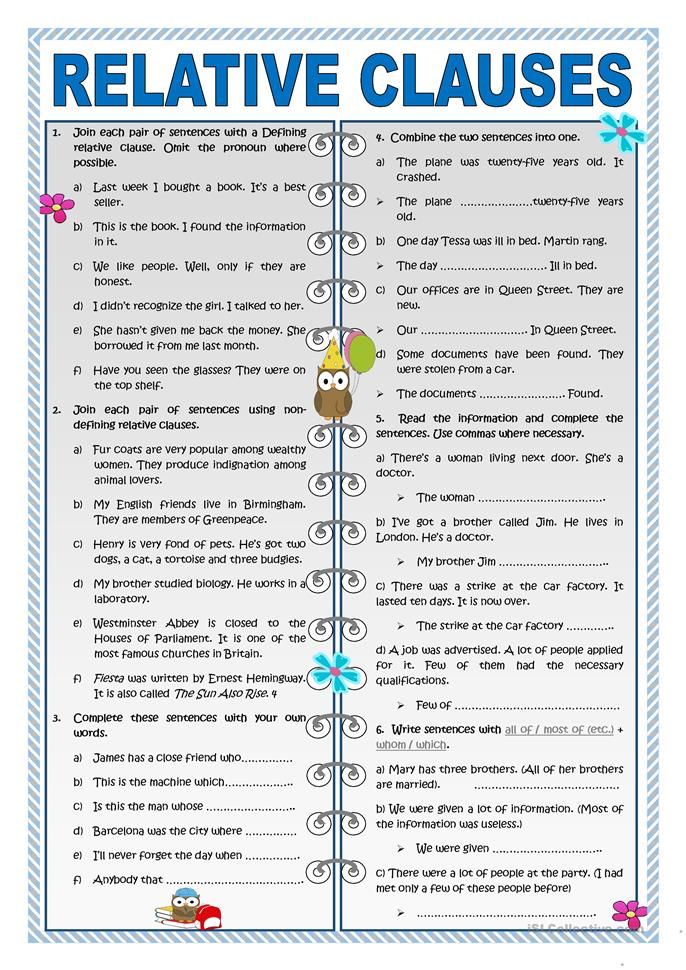 Guillermo Contreras, San Antonio Express-News, 2 Nov. 2022 Prosecutors asked the judge to sentence Head — first arrested in April 2021, just months after the Capitol attack — to 96 months in prison. Robert Legare, CBS News, 27 Oct. 2022 Federal prosecutors have asked Judge Paul A. Magnuson to sentence Lane to between 5.25 years to 6.5 years in prison for his role in the fatal restraint of Floyd on a Minneapolis street in May 2020. Brad Parks And Paul Vercammen, CNN, 21 July 2022 April Ayers-Perez and Jason Manning asked Cooper to sentence Gold to 90 days in jail, and the court’s presentencing office - in a rare move - recommended six months. Spencer S.
Guillermo Contreras, San Antonio Express-News, 2 Nov. 2022 Prosecutors asked the judge to sentence Head — first arrested in April 2021, just months after the Capitol attack — to 96 months in prison. Robert Legare, CBS News, 27 Oct. 2022 Federal prosecutors have asked Judge Paul A. Magnuson to sentence Lane to between 5.25 years to 6.5 years in prison for his role in the fatal restraint of Floyd on a Minneapolis street in May 2020. Brad Parks And Paul Vercammen, CNN, 21 July 2022 April Ayers-Perez and Jason Manning asked Cooper to sentence Gold to 90 days in jail, and the court’s presentencing office - in a rare move - recommended six months. Spencer S.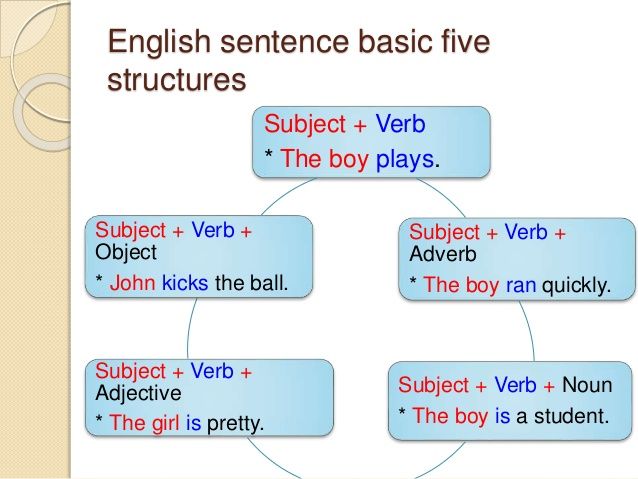 Hsu, Anchorage Daily News, 16 June 2022 Assistant Lake County prosecutors asked Lucci to sentence Bryant to at least 20 years in prison, citing his prior criminal record. Cory Shaffer, cleveland, 7 June 2022 Broward Circuit Judge Elizabeth Scherer is expected to formally sentence Cruz to the life in prison without the possibility of parole. Mike Hayes, CNN, 2 Nov. 2022 After the families of the dead and the 17 people Cruz wounded finish speaking, Circuit Judge Elizabeth Scherer will formally sentence him Wednesday to life in prison without parole. Time, 1 Nov. 2022 New Boston: Prosecutors asked a jury Wednesday to sentence a woman to death for killing a pregnant woman and stealing her unborn daughter from her womb.
Hsu, Anchorage Daily News, 16 June 2022 Assistant Lake County prosecutors asked Lucci to sentence Bryant to at least 20 years in prison, citing his prior criminal record. Cory Shaffer, cleveland, 7 June 2022 Broward Circuit Judge Elizabeth Scherer is expected to formally sentence Cruz to the life in prison without the possibility of parole. Mike Hayes, CNN, 2 Nov. 2022 After the families of the dead and the 17 people Cruz wounded finish speaking, Circuit Judge Elizabeth Scherer will formally sentence him Wednesday to life in prison without parole. Time, 1 Nov. 2022 New Boston: Prosecutors asked a jury Wednesday to sentence a woman to death for killing a pregnant woman and stealing her unborn daughter from her womb.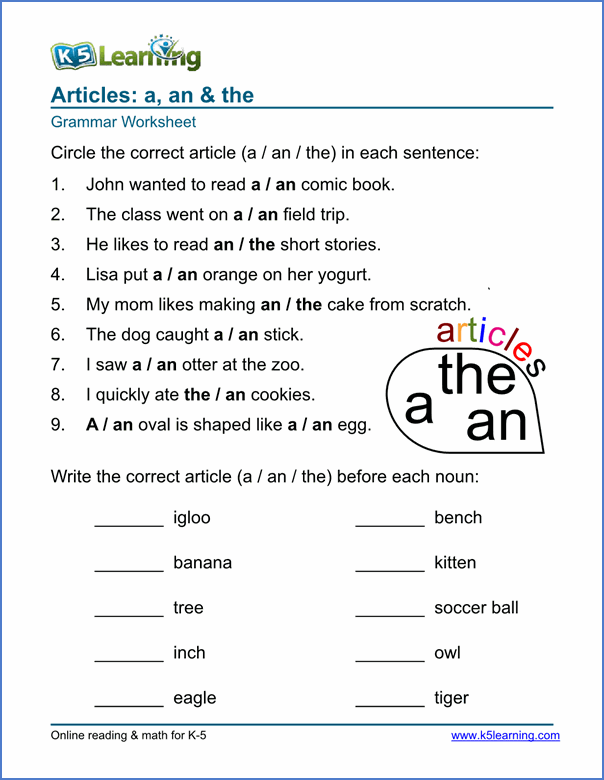 From Usa Today Network And Wire Reports, USA TODAY, 14 Oct. 2022 See More
From Usa Today Network And Wire Reports, USA TODAY, 14 Oct. 2022 See More
These example sentences are selected automatically from various online news sources to reflect current usage of the word 'sentence.' Views expressed in the examples do not represent the opinion of Merriam-Webster or its editors. Send us feedback.
Word History
Etymology
Noun
Middle English, from Anglo-French, from Latin sententia feeling, opinion, from *sentent-, *sentens, irregular present participle of sentire to feel — more at sense
First Known Use
Noun
14th century, in the meaning defined at sense 5
Verb
1592, in the meaning defined at sense 1
Time Traveler
The first known use of sentence was in the 14th century
See more words from the same century
Dictionary Entries Near
sentencesente
sentence
sentence adverb
See More Nearby Entries
Cite this Entry
Style
MLAChicagoAPAMerriam-Webster
“Sentence.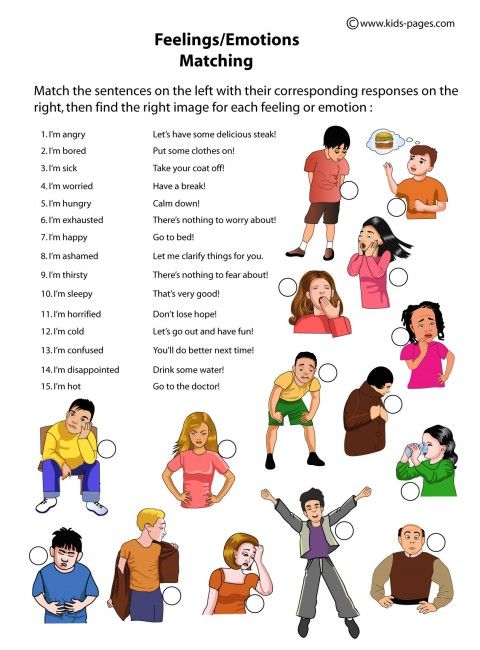 ” Merriam-Webster.com Dictionary, Merriam-Webster, https://www.merriam-webster.com/dictionary/sentence. Accessed 4 Dec. 2022.
” Merriam-Webster.com Dictionary, Merriam-Webster, https://www.merriam-webster.com/dictionary/sentence. Accessed 4 Dec. 2022.
Copy Citation
Kids Definition
sentence 1 of 2
sen·tence ˈsent-ᵊn(t)s
-ᵊnz
1
a
: judgment sense 2
especially : one pronounced by a court in a criminal proceeding and specifying the punishment
b
: the punishment set by a court
2
a
: a grammatically self-contained group of words that expresses a statement, a question, a command, a wish, or an exclamation
b
: a mathematical or logical statement (as an equation) in words or symbols
sentential
sen-ˈten-chəl
adjective
sentence
2 of 2
1
: to impose a judgment on
sentenced them to prison
2
: to cause to suffer something
Legal Definition
sentence 1 of 2
sen·tence ˈsent-ᵊns, -ᵊnz
1
: a judgment formally pronouncing the punishment to be inflicted on one convicted of a crime
2
: the punishment that one convicted of a crime is ordered to receive
— concurrent sentence
: a sentence that runs at the same time as another
— consecutive sentence
: a sentence that runs before or after another
— cumulative sentence
: consecutive sentence in this entry
also : the combination of two or more consecutive sentences
— death sentence
: a sentence condemning the convicted defendant to death
— determinate sentence \ di-ˈtər-mə-nət- \
: a sentence for a fixed rather than indeterminate length of time
— general sentence
: a sentence that does not allocate the punishment imposed for the individual counts on which the defendant was convicted
Note: General sentences are impermissible.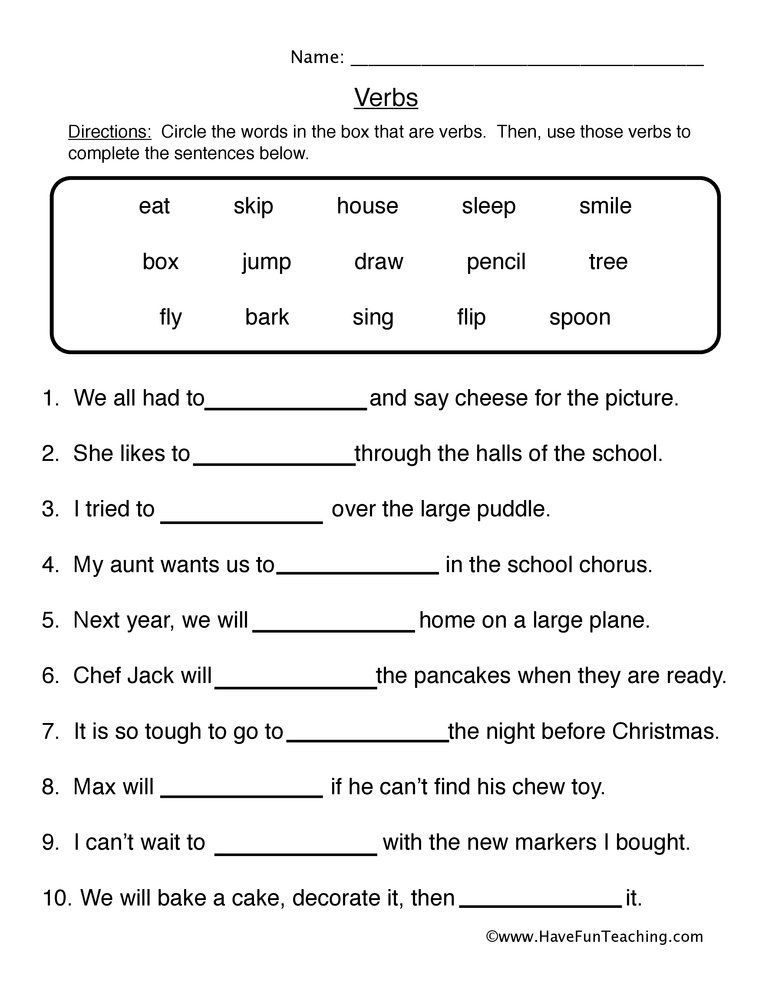
— indeterminate sentence \ ˌin-di-ˈtər-mə-nət- \
: a sentence of minimum and maximum duration with the exact length to be later determined (as by a parole board)
— life sentence
: a sentence of imprisonment for the rest of the convicted defendant's life
— mandatory sentence
: a sentence that is specifically required or falls within a range required by statute as punishment for an offense imposed the minimum mandatory sentence for distributing drugs near a school
— presumptive sentence
: a sentence that is the presumed punishment for an offense and is subject to the upward or downward adjustment of its severity depending on aggravating and mitigating factors
— split sentence
: a sentence of which part is served in prison and the other suspended and usually replaced by probation
— suspended sentence
: a sentence the imposition or execution of which is suspended by the court
sentence
2 of 2
: to impose a sentence on
History and Etymology for sentence
Noun
Old French, opinion, judicial sentence, from Latin sententia, ultimately from sentire to feel, think, express an opinion
More from Merriam-Webster on
sentenceNglish: Translation of sentence for Spanish Speakers
Britannica English: Translation of sentence for Arabic Speakers
Britannica.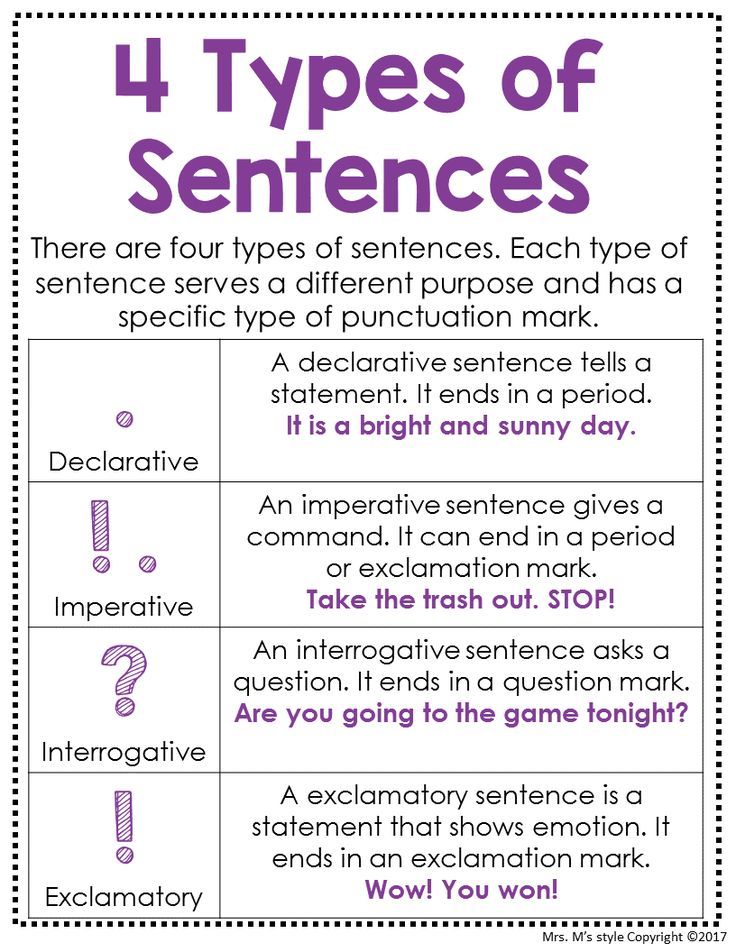 com: Encyclopedia article about sentence
com: Encyclopedia article about sentence
Last Updated: - Updated example sentences
Subscribe to America's largest dictionary and get thousands more definitions and advanced search—ad free!
Merriam-Webster unabridged
What is the offer. How to explain to preschoolers. | Presentation for a lesson on teaching literacy (preparatory group):
Slide 1
What is a proposal? Teacher Andreeva S.L. MOBU "Aleksinskaya secondary school"
Slide 2
In elementary school, a clear definition of what a sentence is is given.
Slide 3
It is quite difficult to explain the definition of a sentence to preschoolers.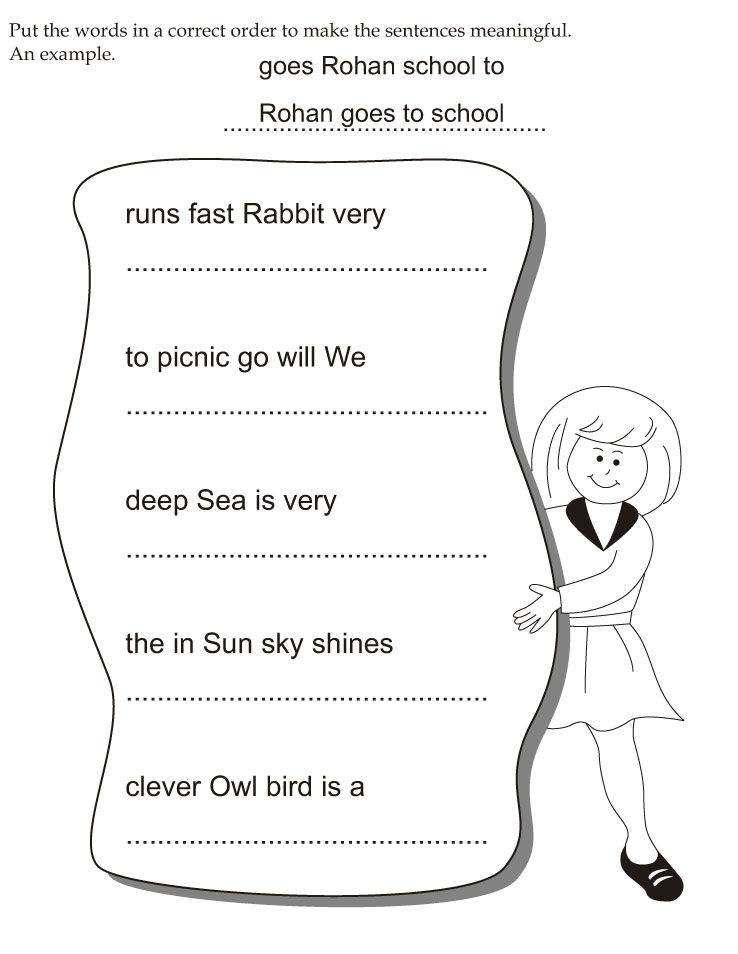 Try this way.
Try this way.
Slide 4
Show the children a set of words or pictures. For example: mother children Kindergarten go morning
Slide 5
Say all the words with the children. Ask them how they think it could be called a proposal? Is it clear from the set of words what is being said?
Slide 6
Ask them to phrase these words so that it is clear what they would like to say. For example: mother children go to kindergarten In the morning and at
Slide 7
Ask the children: How did the words change when they were made into a sentence? - Yes, the words “tuned into each other”, as if they stood in a “row” and held hands.
Slide 8
Ask the children to come up with more sentences.
Slide 9
FOR EXAMPLE: A father is reading an interesting book to his son. -Is it clear what you are talking about? Can this sentence be called a sentence? AND IF I SAY: Book, dad, son, read. - Then you understand what I wanted to say?
Slide 10
Correct! The first phrase is called a sentence.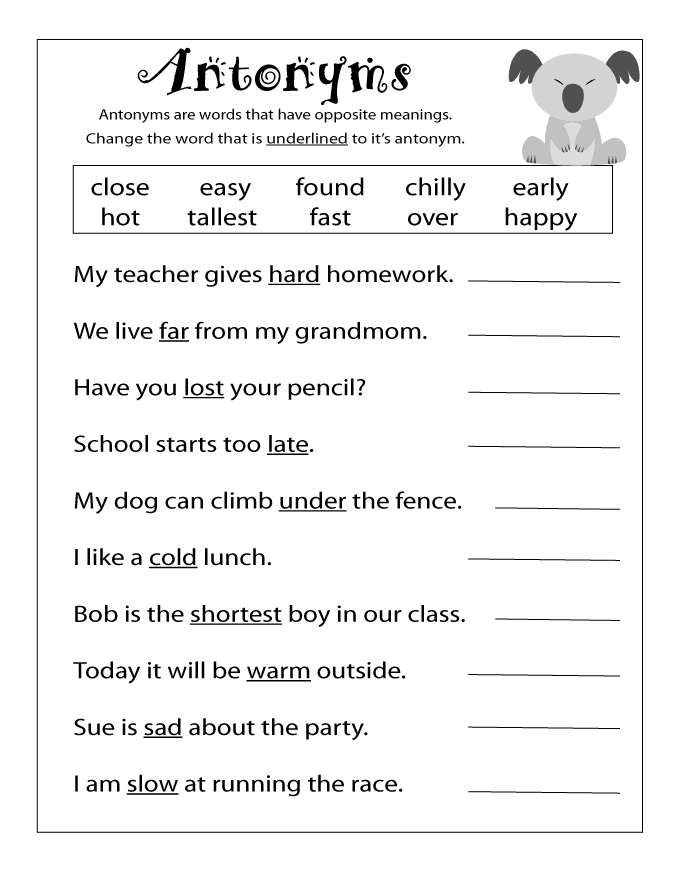 And it consists of several words that stand one after another in order. And if you break this order, as I did, then you get just a set of individual words.
And it consists of several words that stand one after another in order. And if you break this order, as I did, then you get just a set of individual words.
Slide 11
Demonstrate this with an example: "we drink very tasty tea at the table" (correct) and "we drink very tasty tea at the table" (isn't it clear?) or come up with your own sentence. Ask the child to determine if the phrase you said is a sentence? What is it about? I am sure that the preschool child will not be able to explain the meaning of the new "sentence" and even laugh at a funny set of words.
Slide 12
Have the child make sentences based on the picture. Play a fun game with him: suggestion and nonsense. Make up phrases together and rearrange the words in them.
Slide 13
Together with your child, conclude what a sentence is: SENTENCE, these are words that follow each other in a certain order. They are related in meaning. And if the order is violated, then the proposal will no longer work.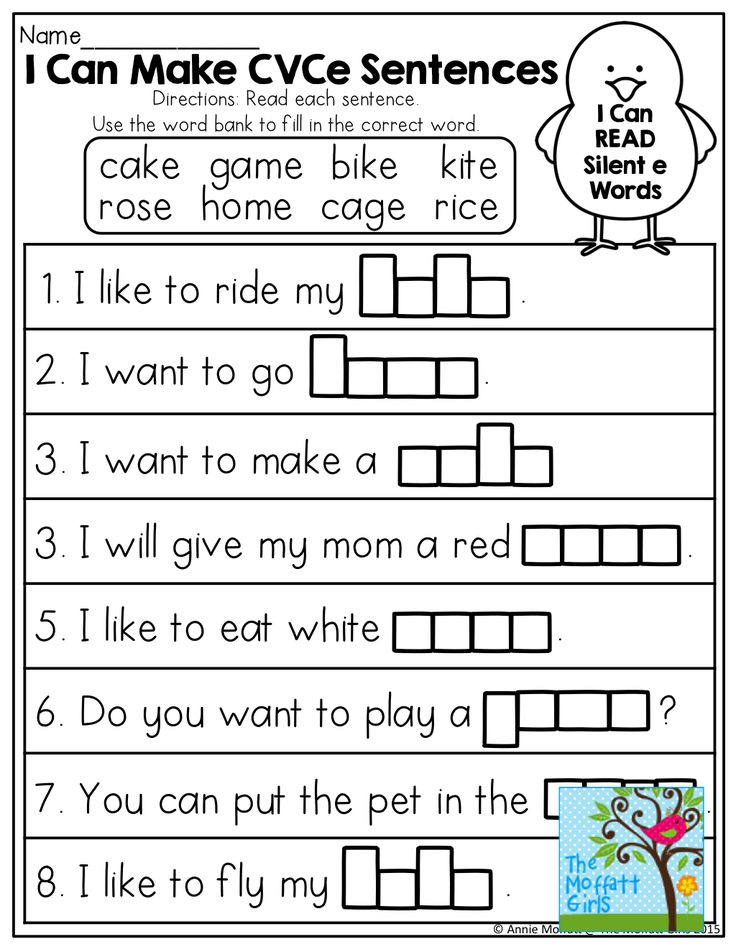
Slide 14
Yulia Arteeva suggests this method. Tell the children this fairy tale: "The Tale of the Proposal" In one Magical country, there lived a Queen Speech. Words were the inhabitants of this kingdom. They lived very friendly and loved to play with each other in the same game, which was called "Proposal". The words were lined up one after the other in order. But the order must be such that the resulting sentence matters. For example: "Mom came home from work."
Slide 15
Playing this game, residents could tell each other fairy tales, various interesting stories, and sing songs. With her help, everyone could talk and understand each other perfectly. 💫 But one day all the words quarreled and stopped playing "Offer".
Slide 16
How to be now, how to talk? How to understand each other? Each word could only say its name: "mother", "work", "came", "s" 😢 To clean up the mess, the queen came to the rescue - Speech and suggested playing this game: All words should join hands and spin in a round dance but you have to hold on tight! The words swirled in a round dance and said: "Words, let's live together!" And then they all sang a very funny song together.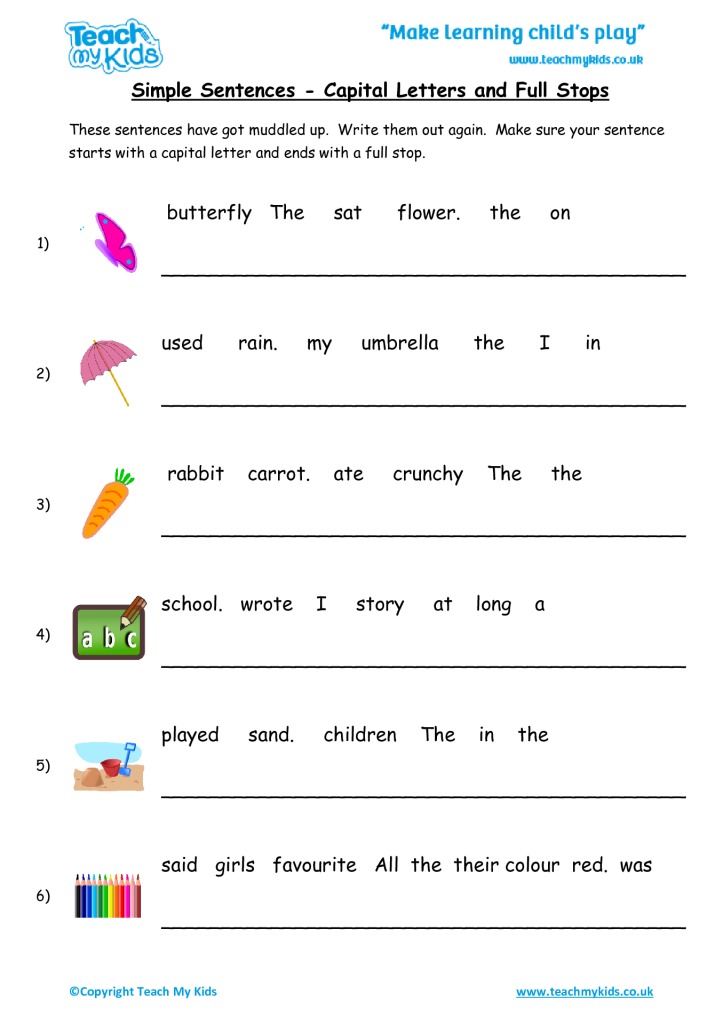 They liked the game so much that everyone decided to make peace again! After that, the inhabitants again played their favorite game, and everyone in the state again began to understand each other!0003
They liked the game so much that everyone decided to make peace again! After that, the inhabitants again played their favorite game, and everyone in the state again began to understand each other!0003
Slide 17
After you tell this fairy tale to a preschool child, be sure to conclude that our speech consists of sentences. And to make the sentence clear, you need to put all the words in the correct order!
is... in Russian (definition)
Let's find out what a sentence is in Russian. With the concept of "offer" students are introduced in the 1st grade. In grades 2 and 3, the initial knowledge of the proposal expands and deepens. Students will learn what sentences are according to the purpose of the utterance and the strength of the expressed feeling, which members of the sentence are main and secondary.
How do words form a sentence?
Our speech consists of words. In Grade 1, students will learn that certain words name objects. Words denoting living beings answer the question who? Let's ask the question to inanimate objects what?
- (who?) student, cat;
- (what?) sun, rain.
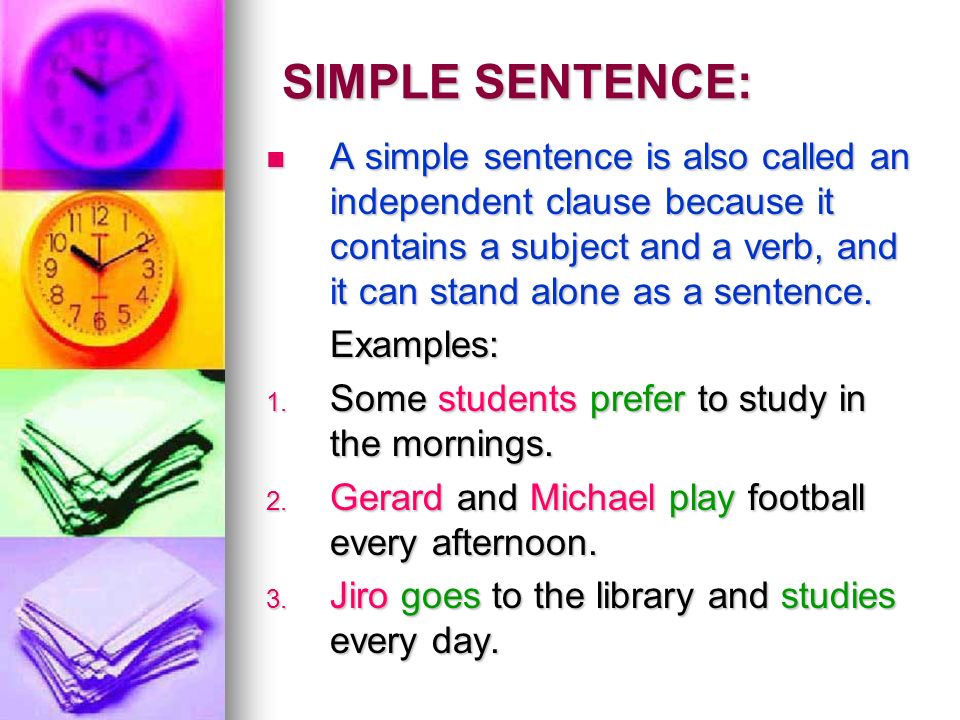
Other words indicate the action of objects and answer questions what does it do? what will he do?
The student (what is he doing?) is writing.
The cat (what will it do?) will catch the mouse.
The sun (what is it doing?) is shining.
The rain (what will it do?) will end soon.
These words do not just name objects and their actions, but, being nearby, form a message from which you can find out what is happening with this or that object. This means that the words in the sentence are related in meaning. These words are in a certain order and organize a coherent statement in content, which is called a sentence.
Definition
Sentence is one or more words that express a complete thought.
The first word in a sentence is always capitalized. A period is placed at the end of the sentence.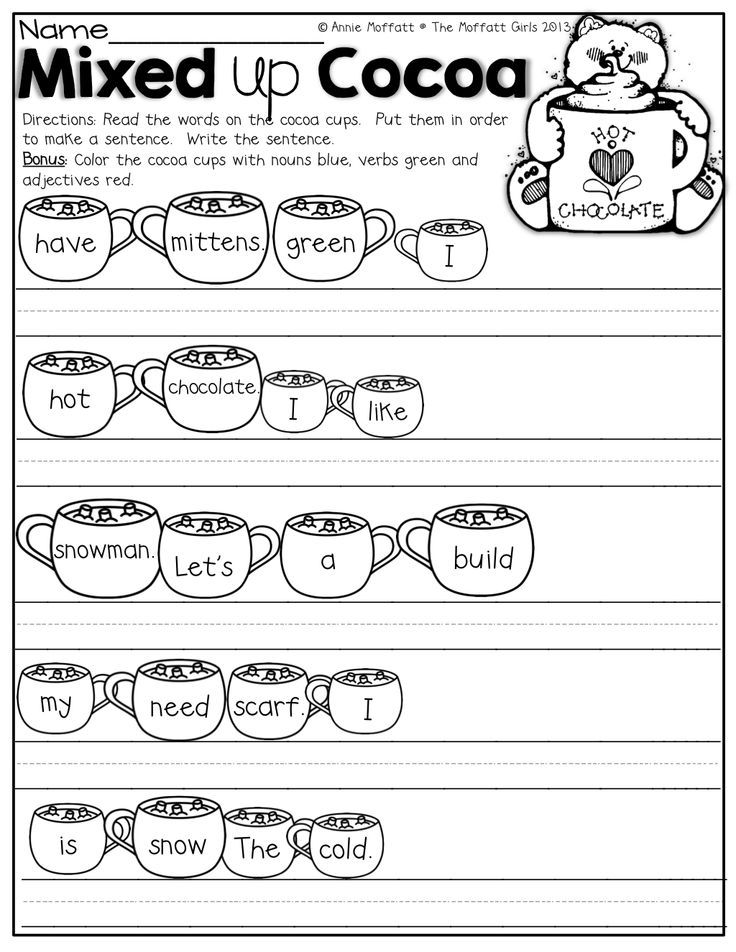
The wind is blowing. The bird sits on a branch. The sparrow chirps.
What are the offers?
Proposals differ from each other not only in their content, but in what they say. With the help of sentences, we express our thoughts and feelings, address each other with questions, requests and wishes. Each sentence communicates something with a specific purpose. The purpose of the message indicates why, why it is pronounced, with what intonation, with an increase or decrease in voice.
Declarative sentence
If a sentence without expressing special feelings only communicates some information about someone or about events and phenomena that actually occur, it is narrative.
A wave is splashing. A boat is floating on the river. The fisherman is catching fish.
The intonation with which these sentences are pronounced is calm, narrative, and at the end their voice is somewhat lowered.
Definition
A sentence in which someone or something is reported is called a narrative sentence.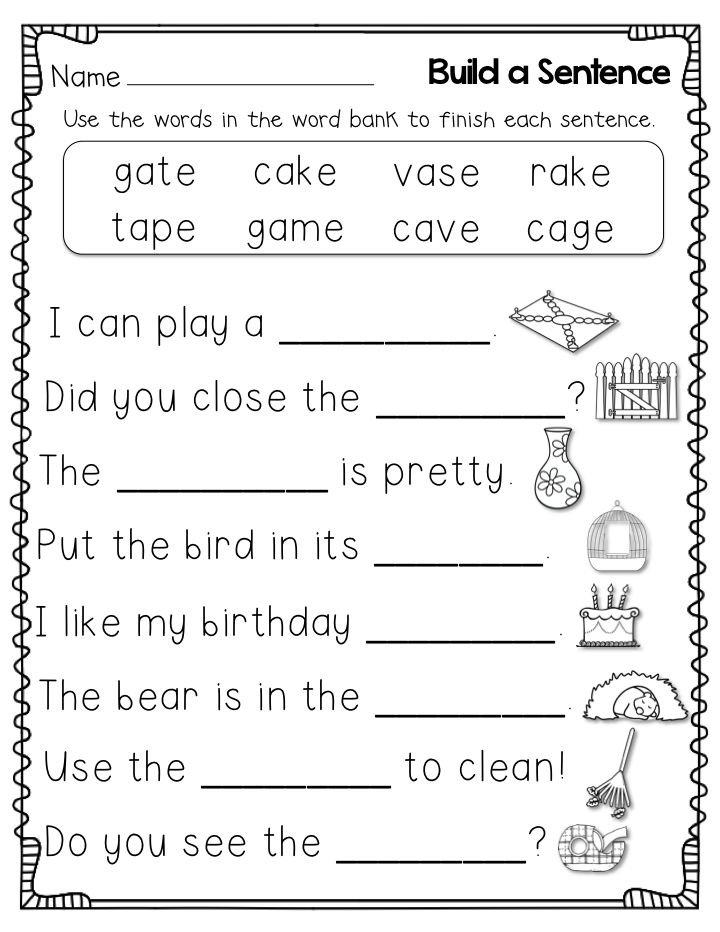
At the end of a declarative sentence, a final punctuation mark is placed.
Interrogative sentence
If we have a goal to learn about something, then we ask questions:
Who sings on the tree? What kind of bird is this?
Definition
A sentence containing a question is called an interrogative sentence.
These sentences are pronounced with a special interrogative intonation. The voice rises at the end of a sentence. An interrogative sentence ends with a question mark.
Incentive offer
With the help of sentences, we can encourage someone to act, as well as express our request, wish.
Call me tomorrow.
Pass me the book.
Sit down for a minute.
Definition
A sentence that advises to do something or encourages action is called an incentive.
Conclusion
So, according to the purpose of the statement, sentences can be declarative, interrogative and incentive.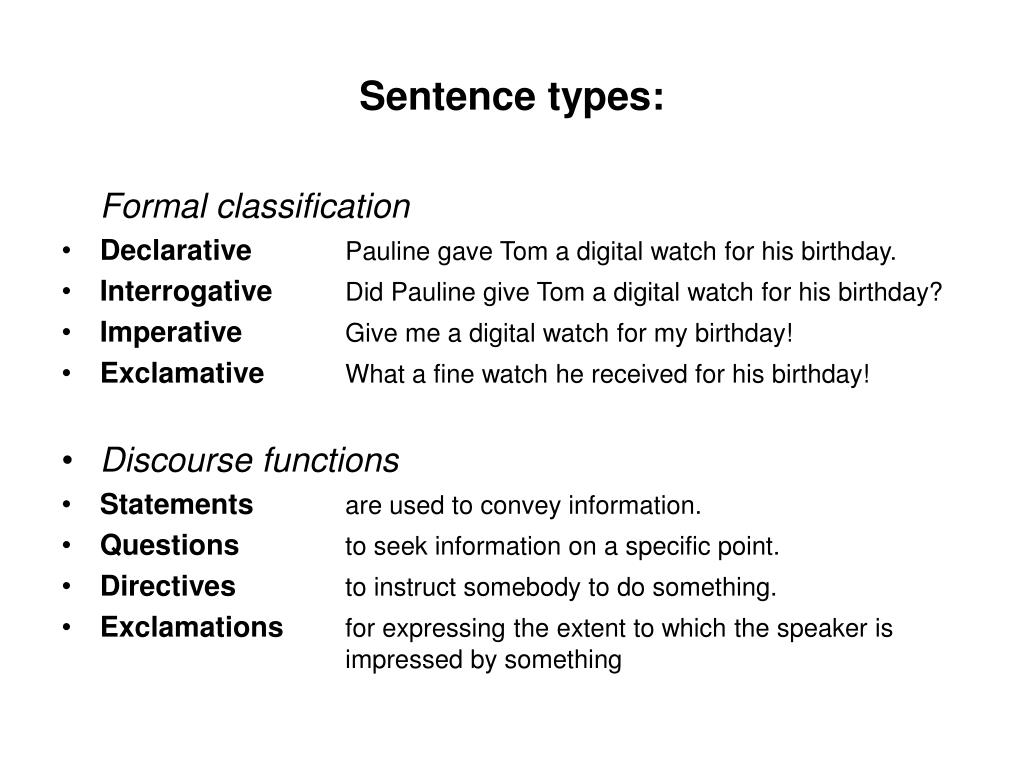
Exclamatory and non-exclamatory sentences
Sentences differ not only in the purpose of the statement, but also in intonation. Some sentences are pronounced calmly, without showing any special emotions. These are non-exclamatory offers.
And some sentences express a strong feeling and are pronounced with a special intonation.
How beautiful daisies bloom!
How many butterflies are there!
It's snowing!
Definition
A sentence that is pronounced with strong feeling is called an exclamation.
An exclamation mark is placed at the end of such a sentence.
The main members of the proposal
The proposal has the main members that form its basis. Each sentence tells who or what it is about.
(Who?) The girl will sing a song.
(What?) A cloud floats across the sky.
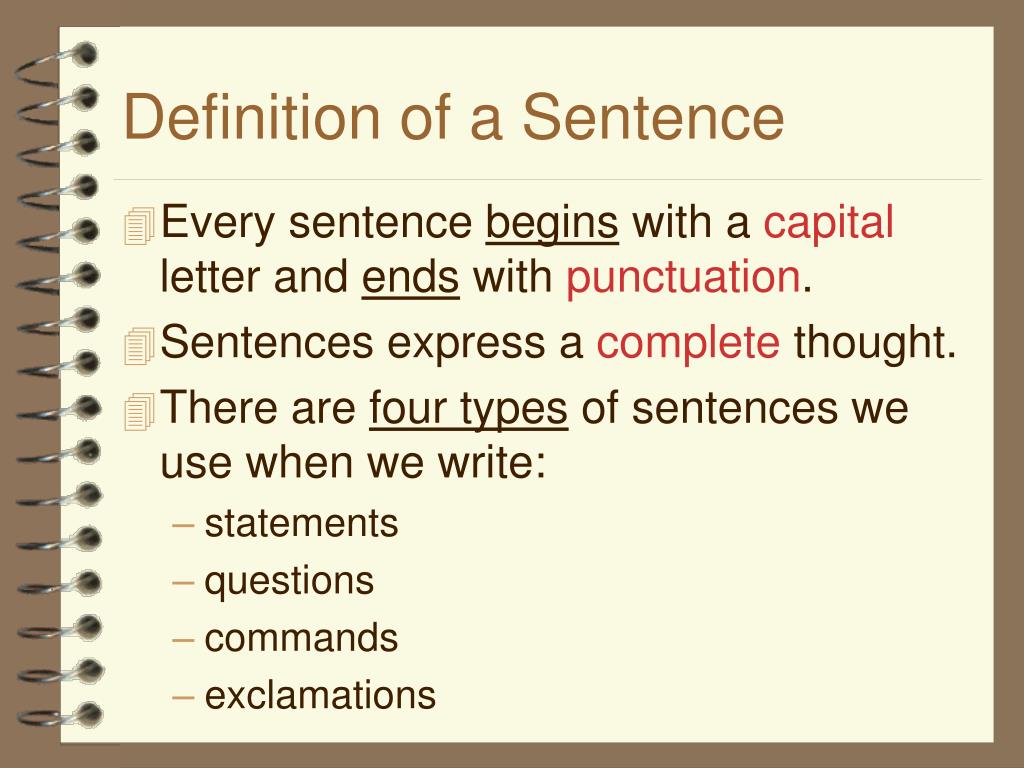
The word denoting the person or thing referred to in the sentence is the main member of the sentence. This is the subject.
Definition
The subject is the main member of a sentence that indicates who or what the sentence is about. The subject answers the questions who? what?
The sentence must have a second main member, which indicates what action the subject performs. This is the predicate.
The girl (what will she do?) will sing a song.
A cloud (what is it doing?) floats across the sky.
Definition
The predicate is the main member of the sentence, which indicates that the subject is being said and answers questions what does it do? what will he do? what have you been doing? What did you do?
Subject and predicate form the grammatical basis of a sentence.
Common and non-common sentence
The subject and predicate are the main members of the sentence, which are the grammatical and semantic center of the sentence.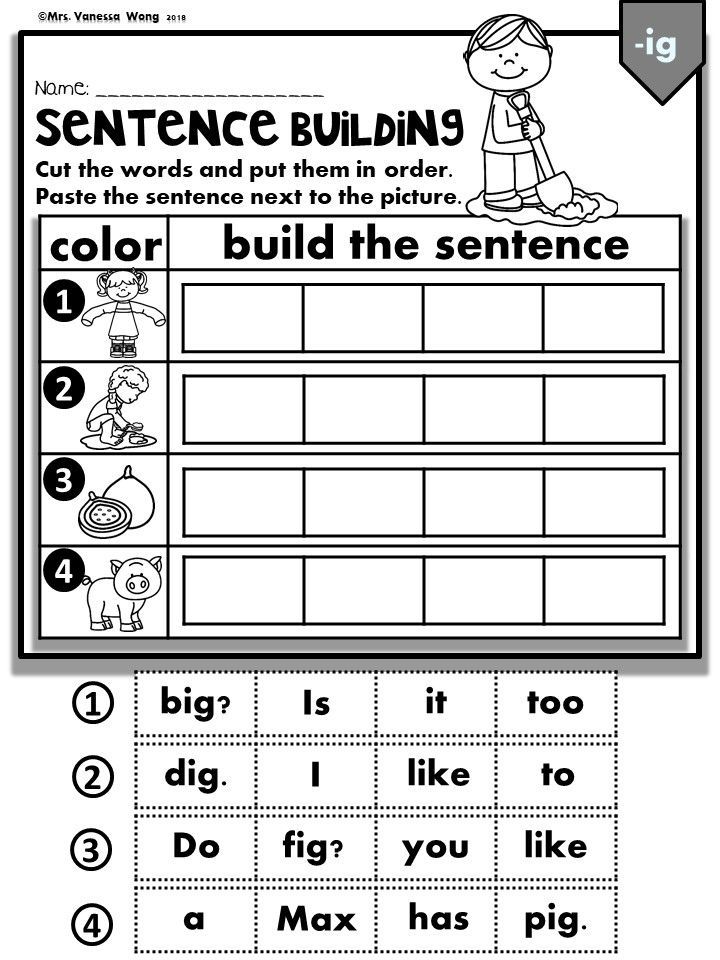 Other members of the proposal are minor.
Other members of the proposal are minor.
Subject and predicate can express a complete thought independently.
Winter has come. Snow. Children are happy.
These sentences contain only the main members of the sentence. Such a proposal is not common.
Definition
A sentence in which there are only main members of the sentence is called non-extended .
In a sentence, in addition to the main members, there may be minor members that explain the subject or predicate or another minor member.
Compare:
The snowy winter has finally arrived. White fluffy snow fell. All children are happy about winter.
Definition
A sentence in which, in addition to the main ones, there are secondary members of the sentence, is called common .
Common and non-common sentences differ in purpose of utterance and intonation.